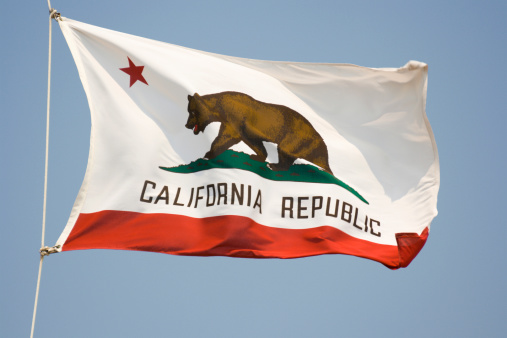
Zócalo Public Square is a magazine of ideas from Arizona State University Knowledge Enterprise.
Correction appended, Aug. 14, 2015.
At the risk of sounding like Donald Trump, let me say it’s just stupid that California won’t play a significant role in picking the next president. It’s even dumber that the small state of Iowa, with its first-in-the-nation caucuses and swing status in general elections, is a presidential kingmaker.
So why don’t we do something about it? Yes, California has previously moved its primaries up in the calendar to try to make itself important. But that won’t work because the small-fry states of Iowa and New Hampshire have hoodwinked the country into believing that small, rural places are better presidential proving grounds and give a chance to lesser-known candidates. No matter where California shows up on the calendar, we are easily dismissed for our size—too big to be more than a test of money and name recognition.
If we’re going to take our proper place in picking presidents, we’ll need an entirely new strategy. We have to out-Iowa Iowa. We must make ourselves smaller.
How? California is a collection of regions the size of normal states. Our new strategy: pick one region that offers all the things Iowa offers—small population, a rural character, no big cities, an engaged political culture—and hold an early presidential contest in just that region.
Which region? My fellow Californians, let me introduce you to the Central Coast Caucus.
Offered to the nation as a single political entity, the six Central Coast counties—Ventura, Santa Barbara, San Luis Obispo, Monterey, San Benito, and Santa Cruz—could answer every argument that’s ever been made for Iowa’s primacy.
You want a small population? The Central Coast has just 2.3 million people—800,000 less than the 3.1 million who crowd Iowa. You hate big cities? The Central Coast’s most populous municipality, Oxnard, has fewer people than the metropolis of Des Moines. You want rural voters who know their agriculture? Iowa has the corn, sure, but the Central Coast has Ventura berries, Salinas lettuce, and all the wineries in between. (Heavy drinking may be necessary for today’s presidential politics to make any sense).
Iowa and the Central Coast are middling places, between larger, more important regions. Both have relatively competitive politics that incorporate extremes, but tend to the moderate. While Iowans boast that they pick winners, the Central Coast includes the state’s most reliable political bellwether, San Benito County.
But the Central Coast, offers much more than Iowa—more diversity, stronger universities (UC Santa Cruz, Cal Poly San Luis Obispo), better scenery (Big Sur), and more striking venues for campaign events (from Pebble Beach to the Neverland Ranch).
Instead of pursuing endorsements of obscure Iowa county party chairs, the Democrats would have an Oprah primary (she has a place in Montecito) and the Republicans would stage a Clint primary (Eastwood lives in Carmel). If you give the media and political professionals who dominate presidential politics a choice between the weather of Sioux City and Santa Maria, California would take Iowa’s crown.
The Central Coast Caucus would be good for California, too. The national attention would force our weak county parties to raise their games. With the new caucus’s central location, young people from all over the state would work on campaigns, and learn skills and make connections that can change their lives.
Overlooked issues would also get attention. Candidates would confront homelessness in Santa Barbara, the perils of offshore oil drilling, and drought. Public health might get a boost from candidates doing photo ops at hot yoga classes in Seaside instead of greasy spoons in Cedar Rapids. (I’d pay good money to see Ted Cruz try kite surfing). And who knows? Maybe the heavy reliance on migrant labor in Central Coast agriculture would force candidates to speak in more human ways about immigration.
The Central Coast Caucus would make sure that no one gets to be president without the sign-off of some Californians. And it would demonstrate California’s greatness; it only takes a small piece of this state to conquer the world.
Joe Mathews is California & innovation editor for Zócalo Public Square, for which he writes the Connecting California column.
Correction: The original version of this article incorrectly identified the Central Coast’s most populous municipality. It is Oxnard.
See the 2016 Candidates' Campaign Launches
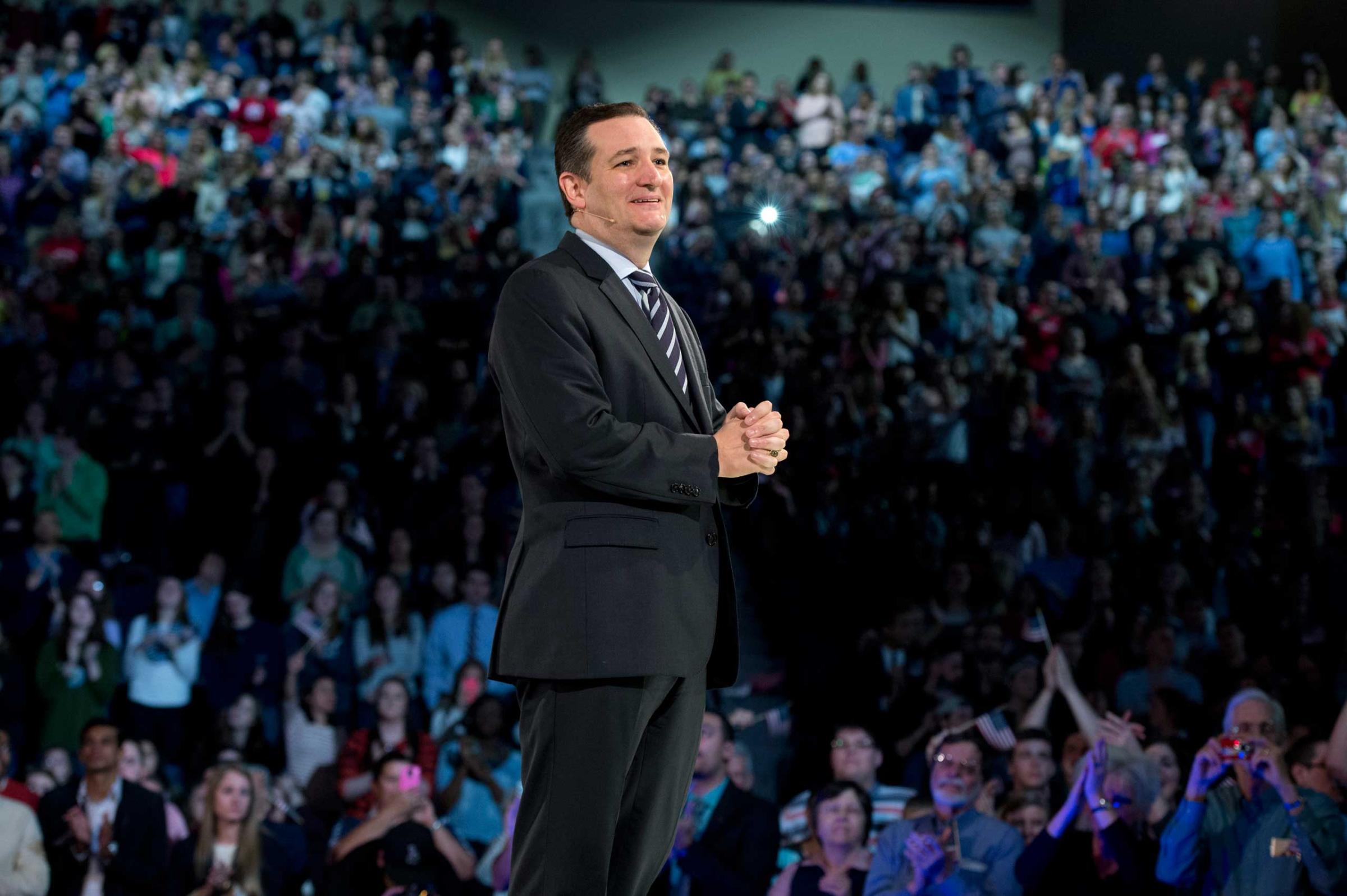
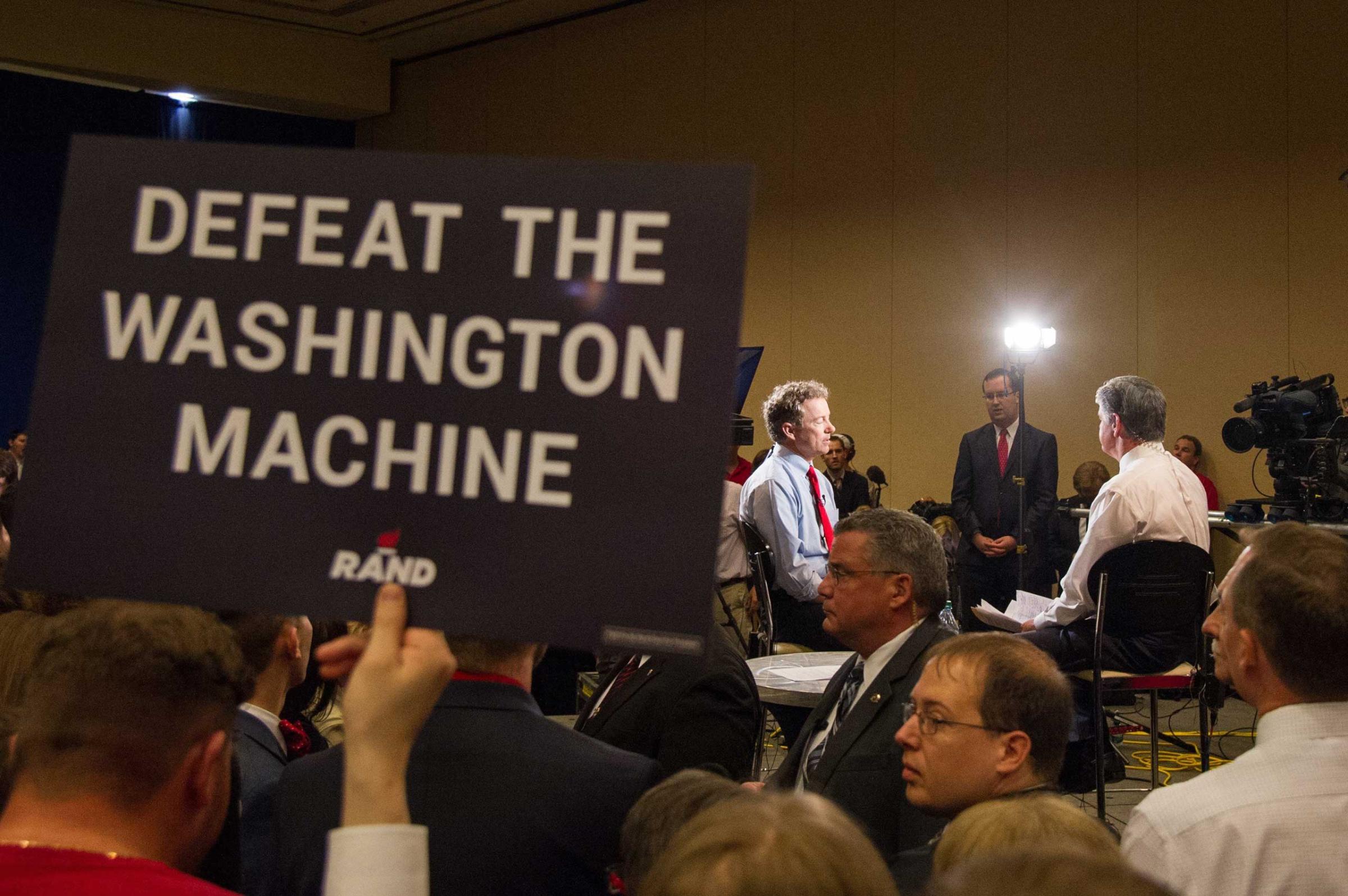
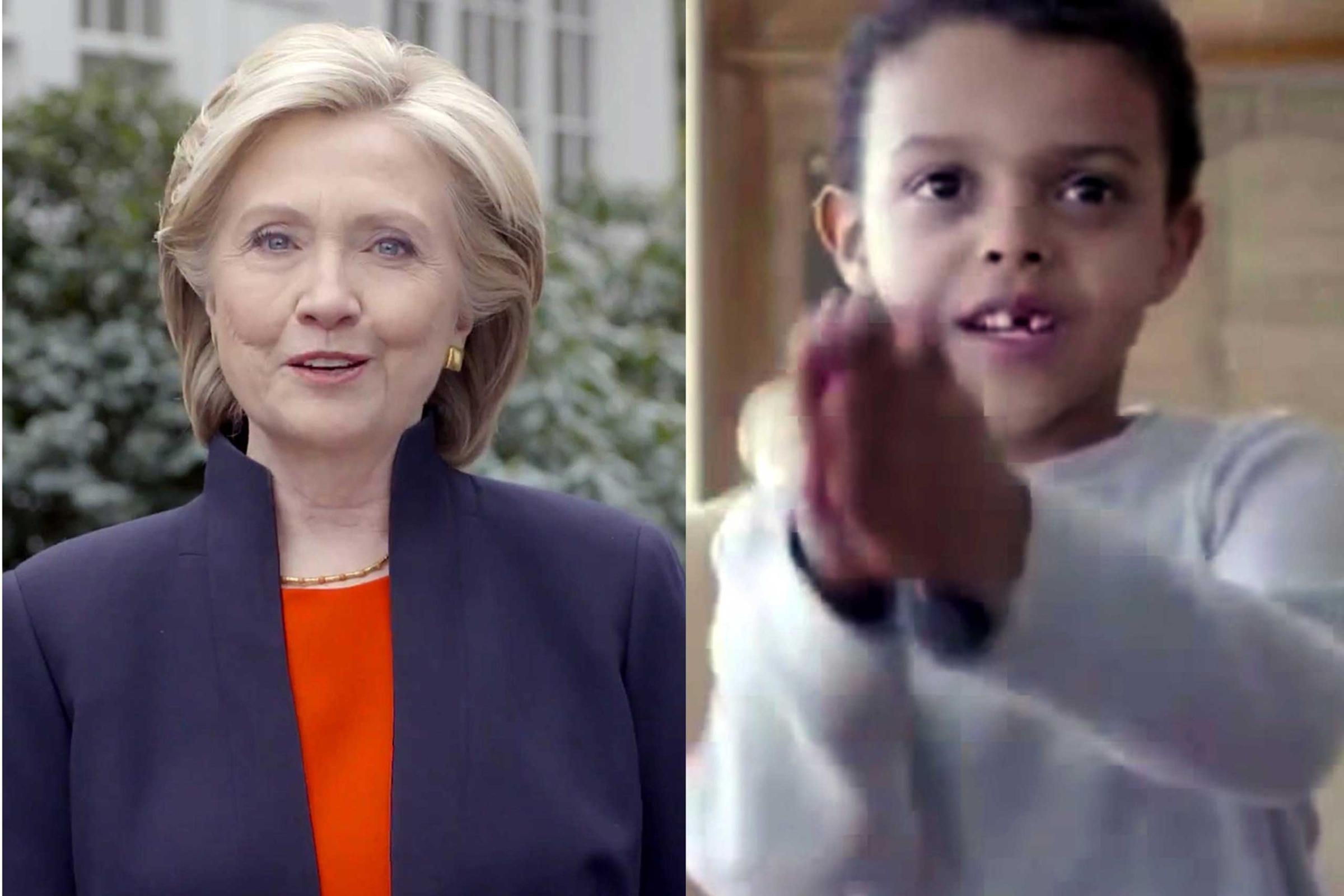
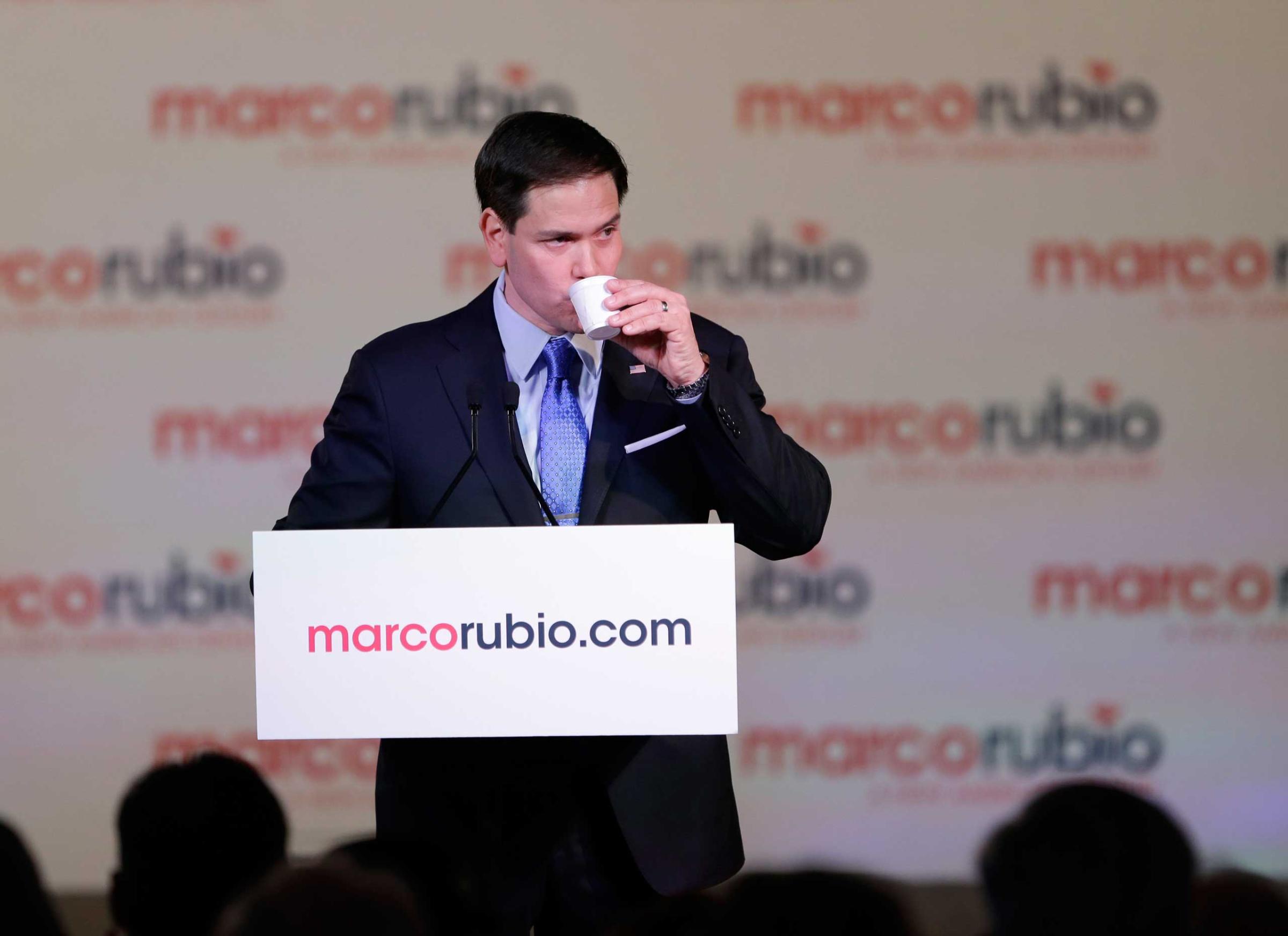
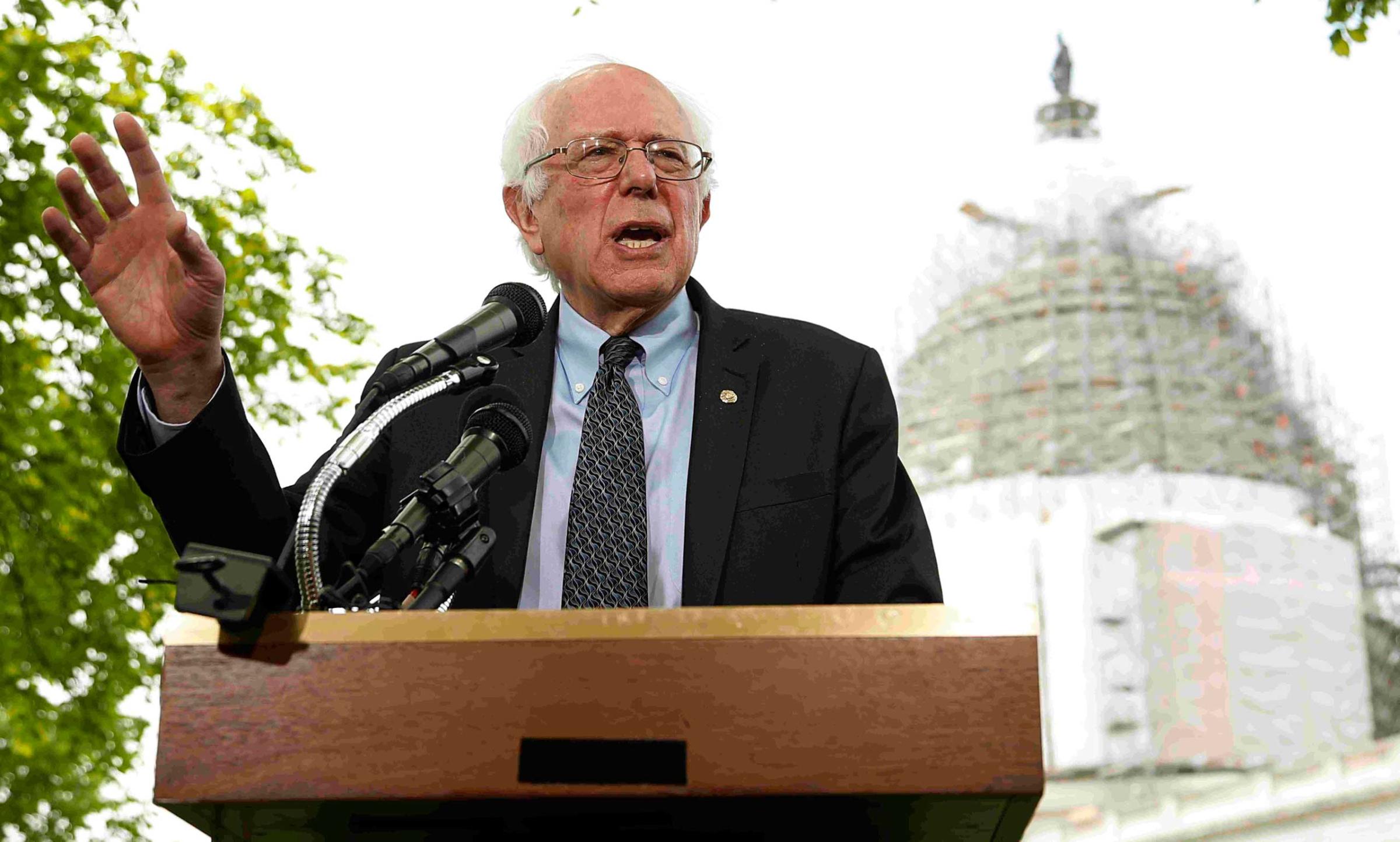
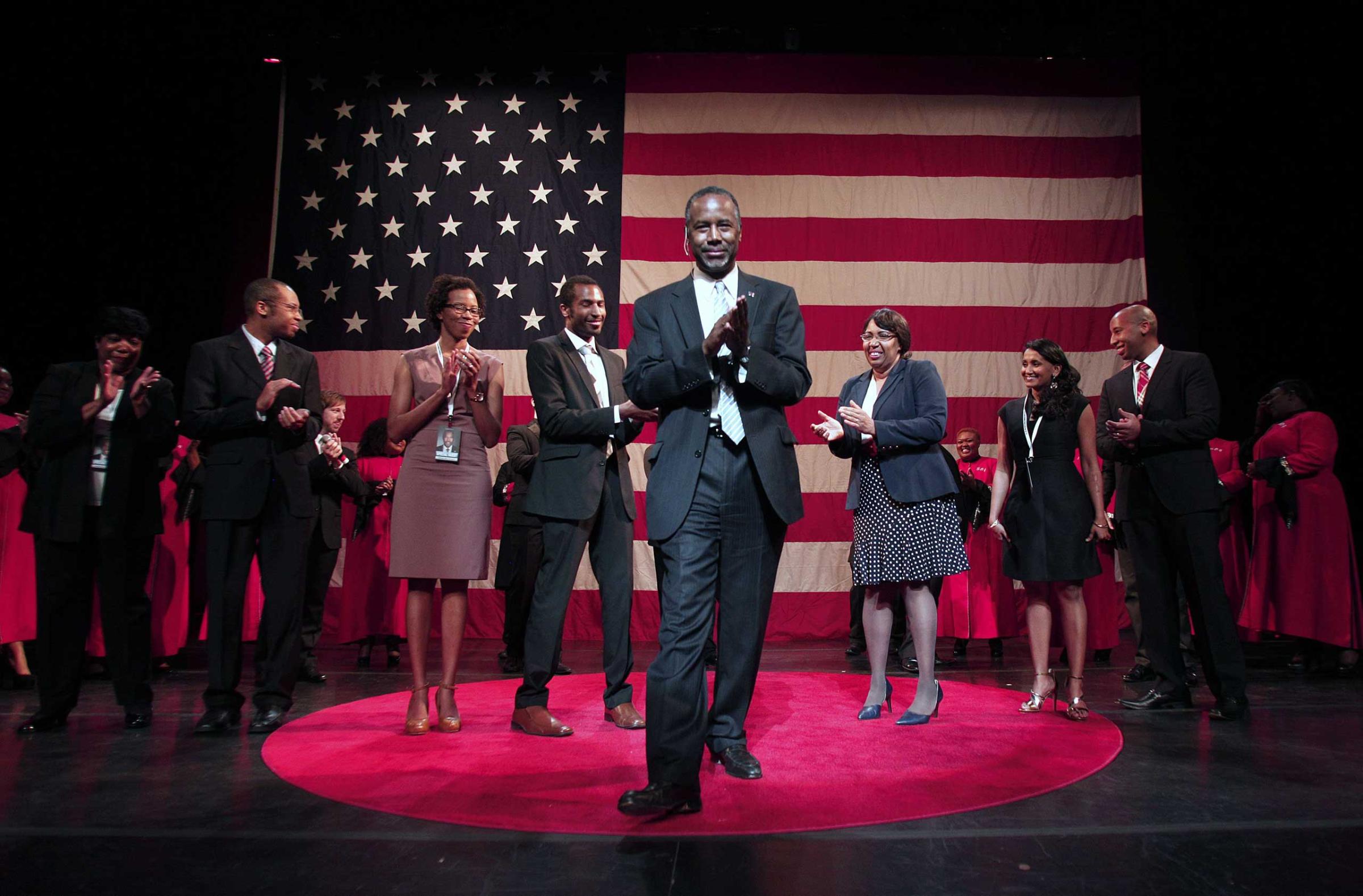
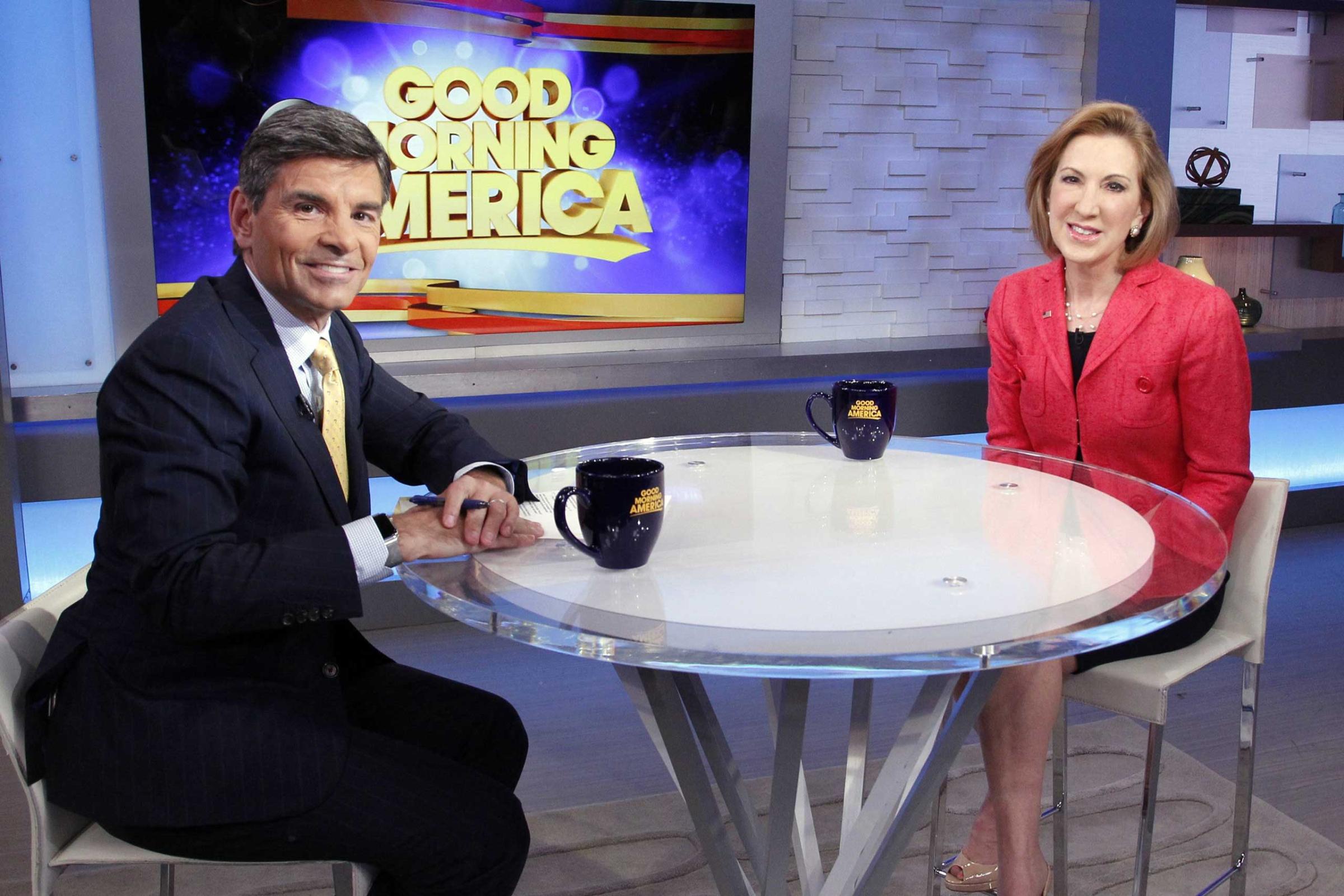
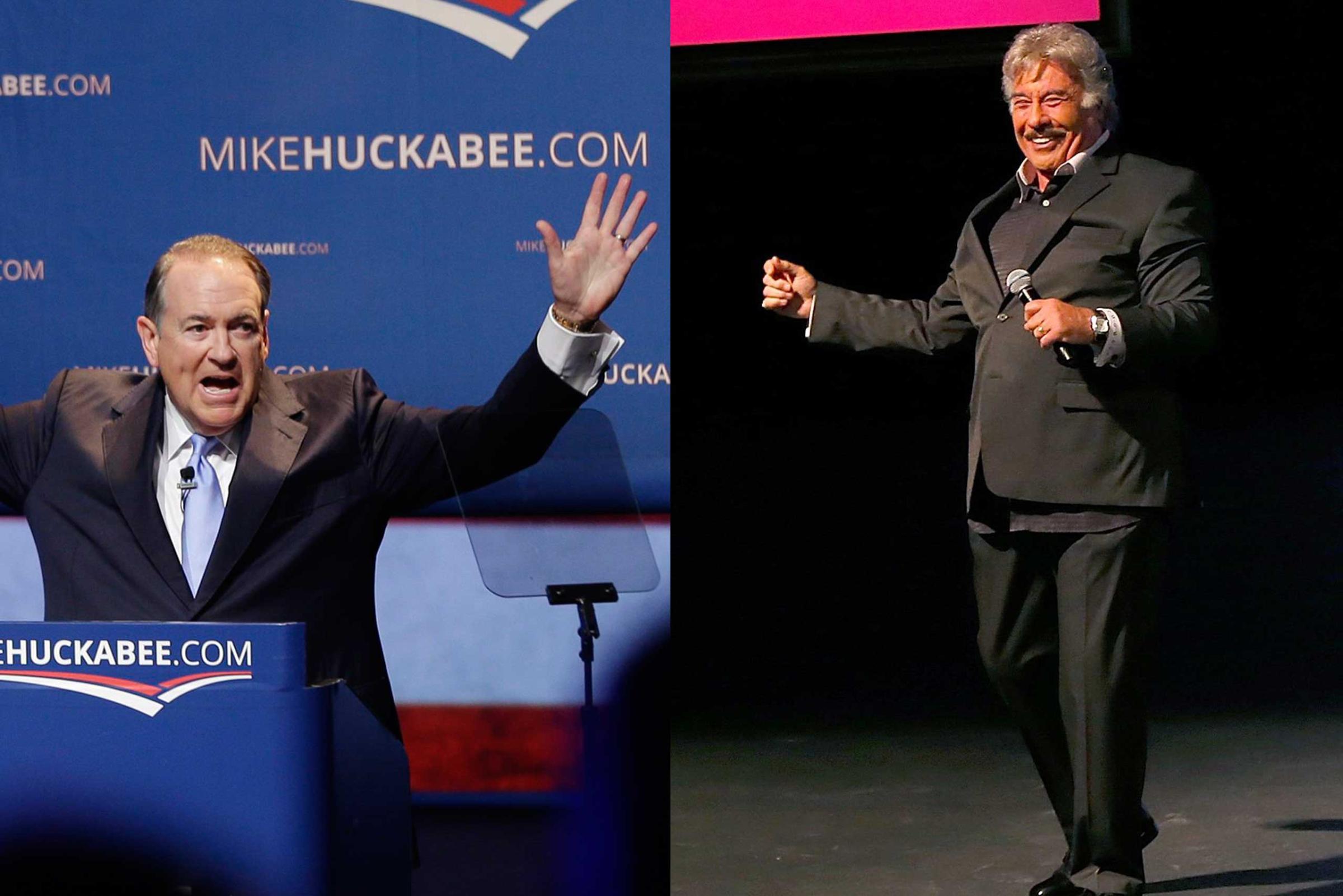
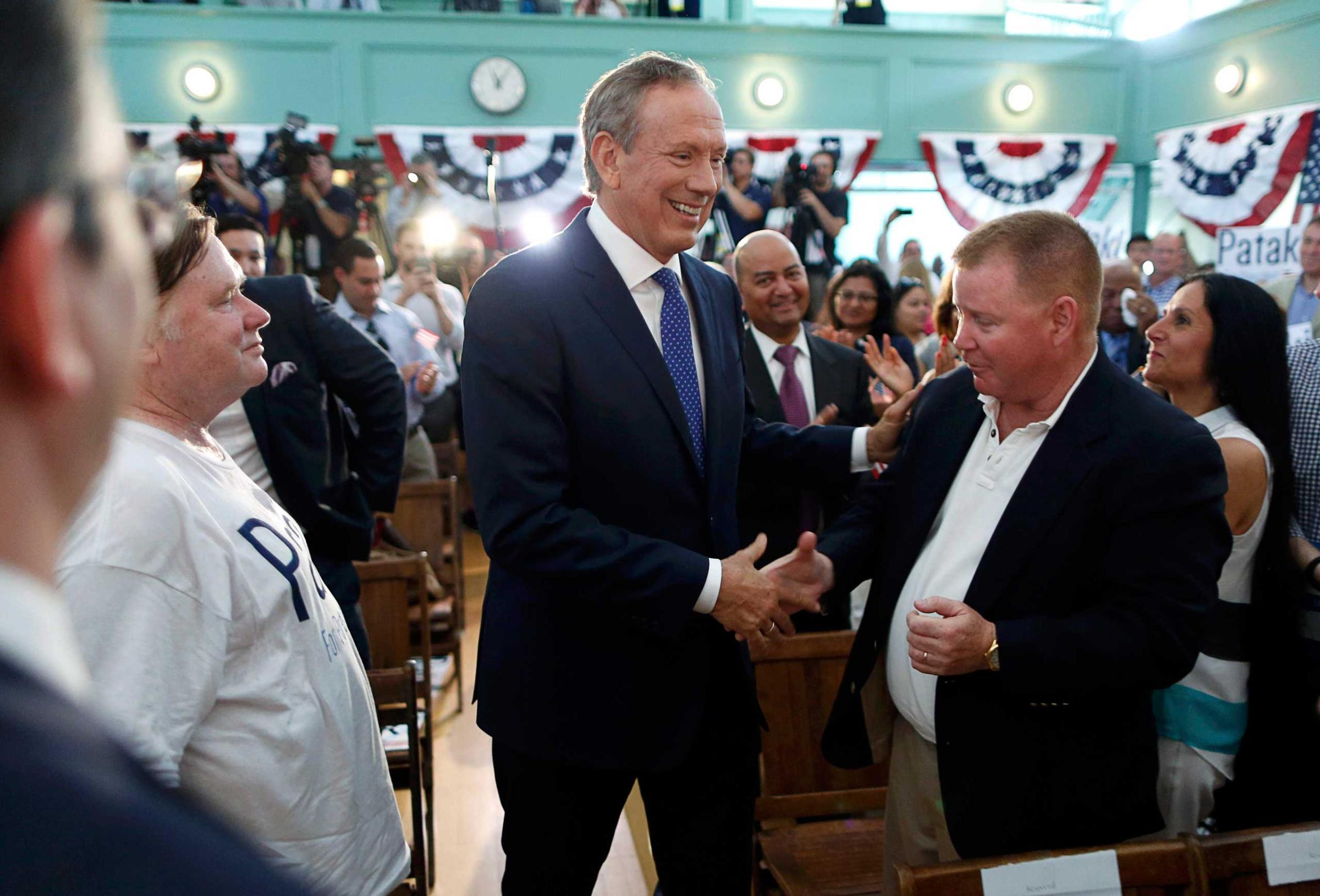
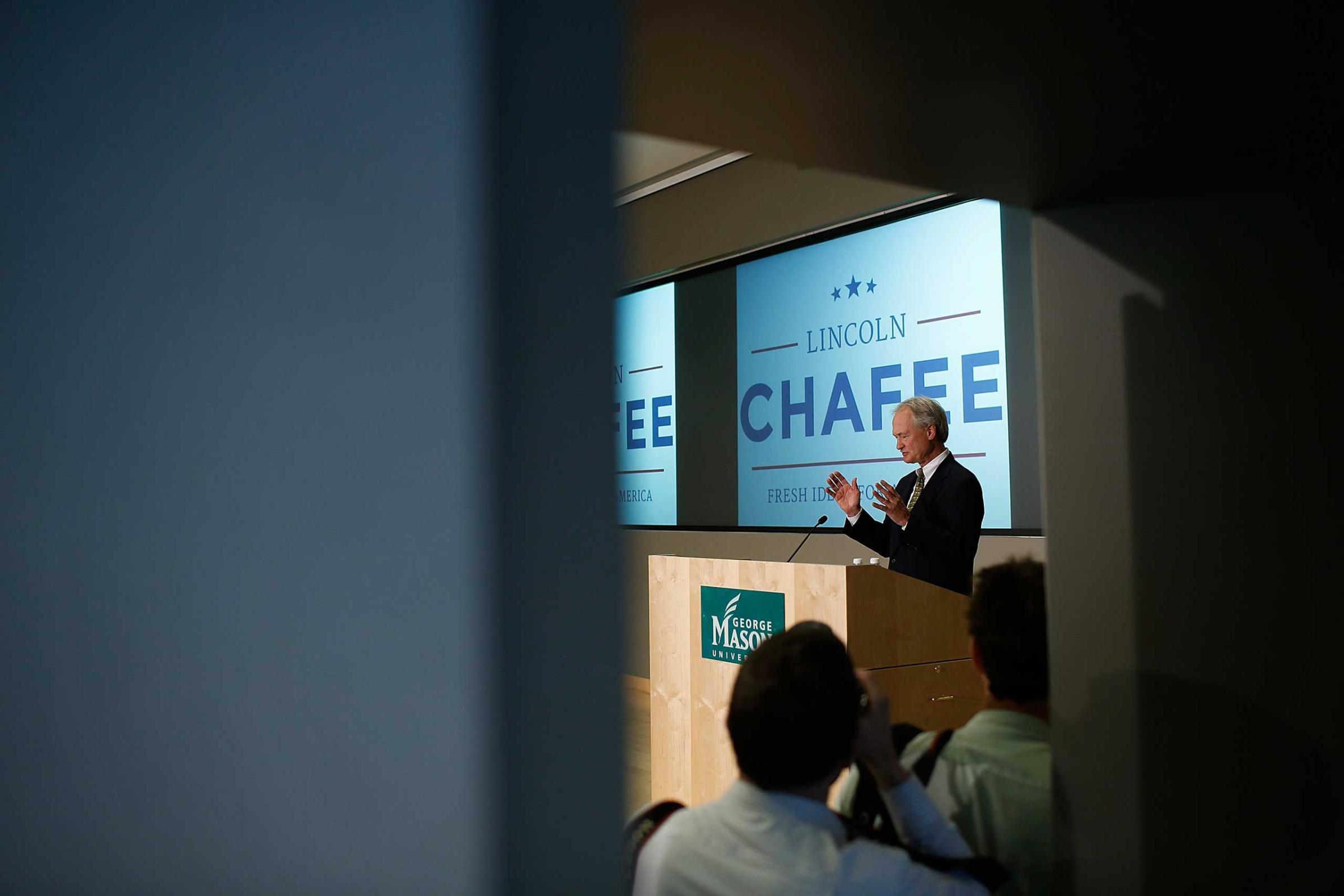
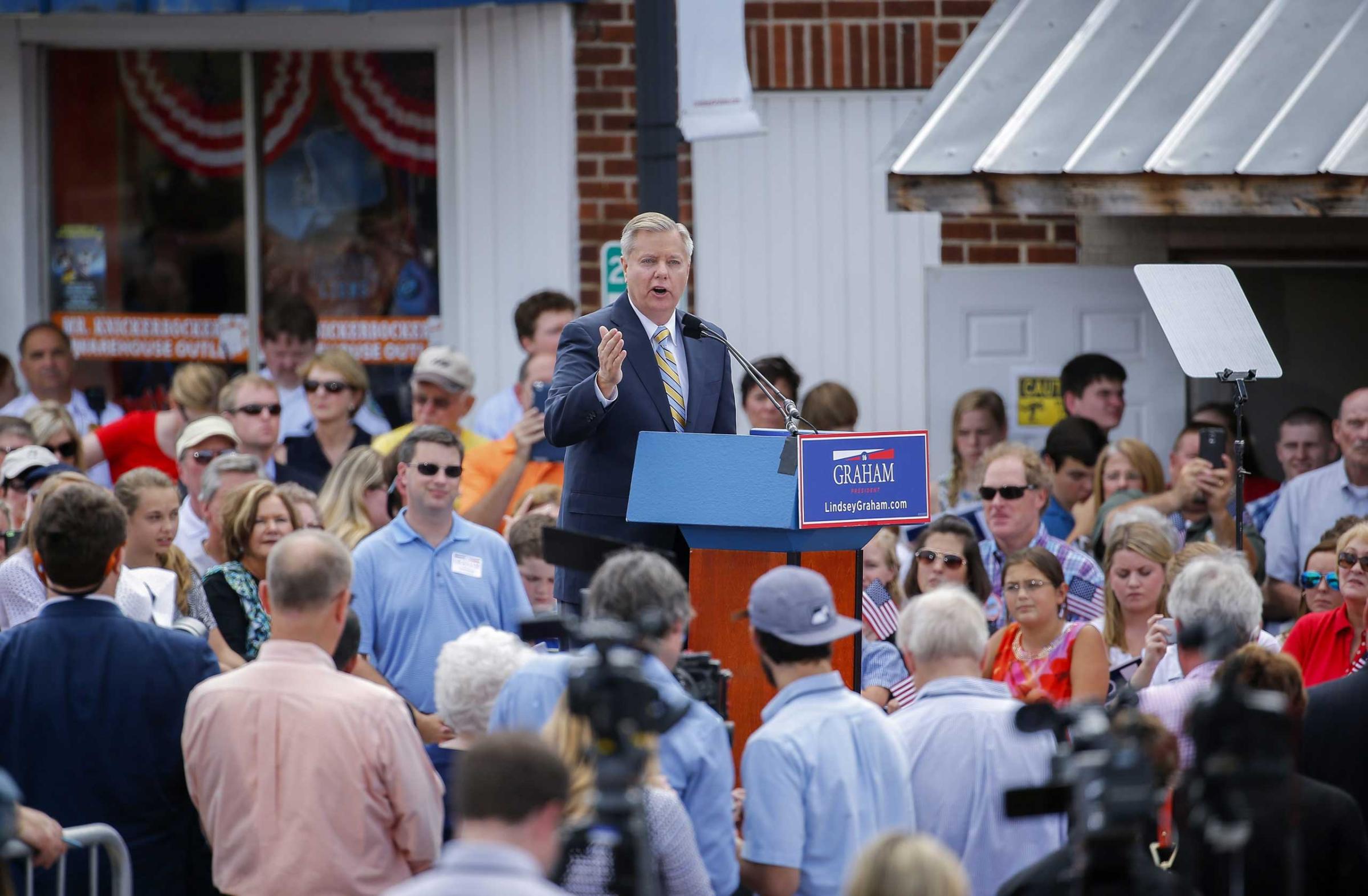
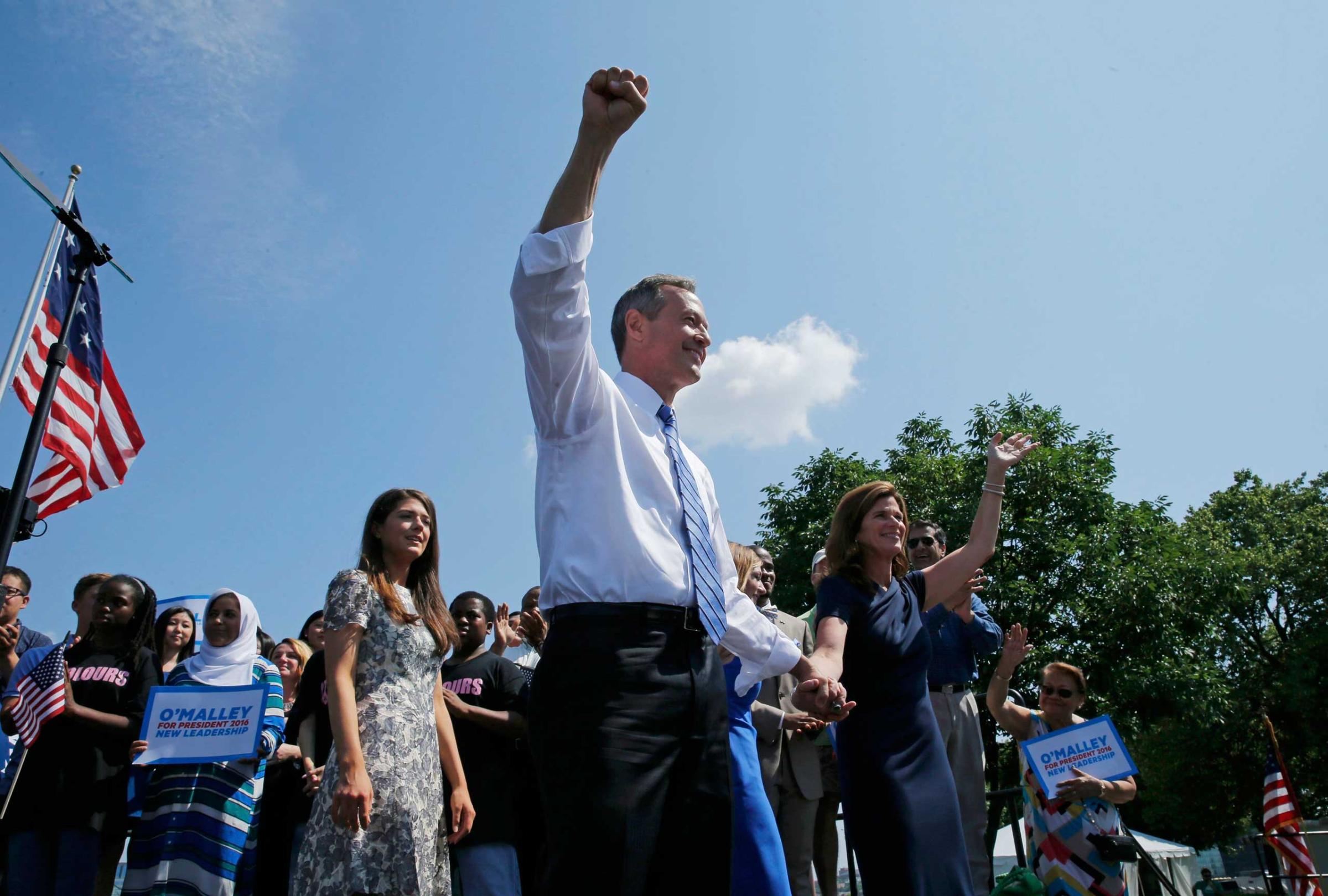
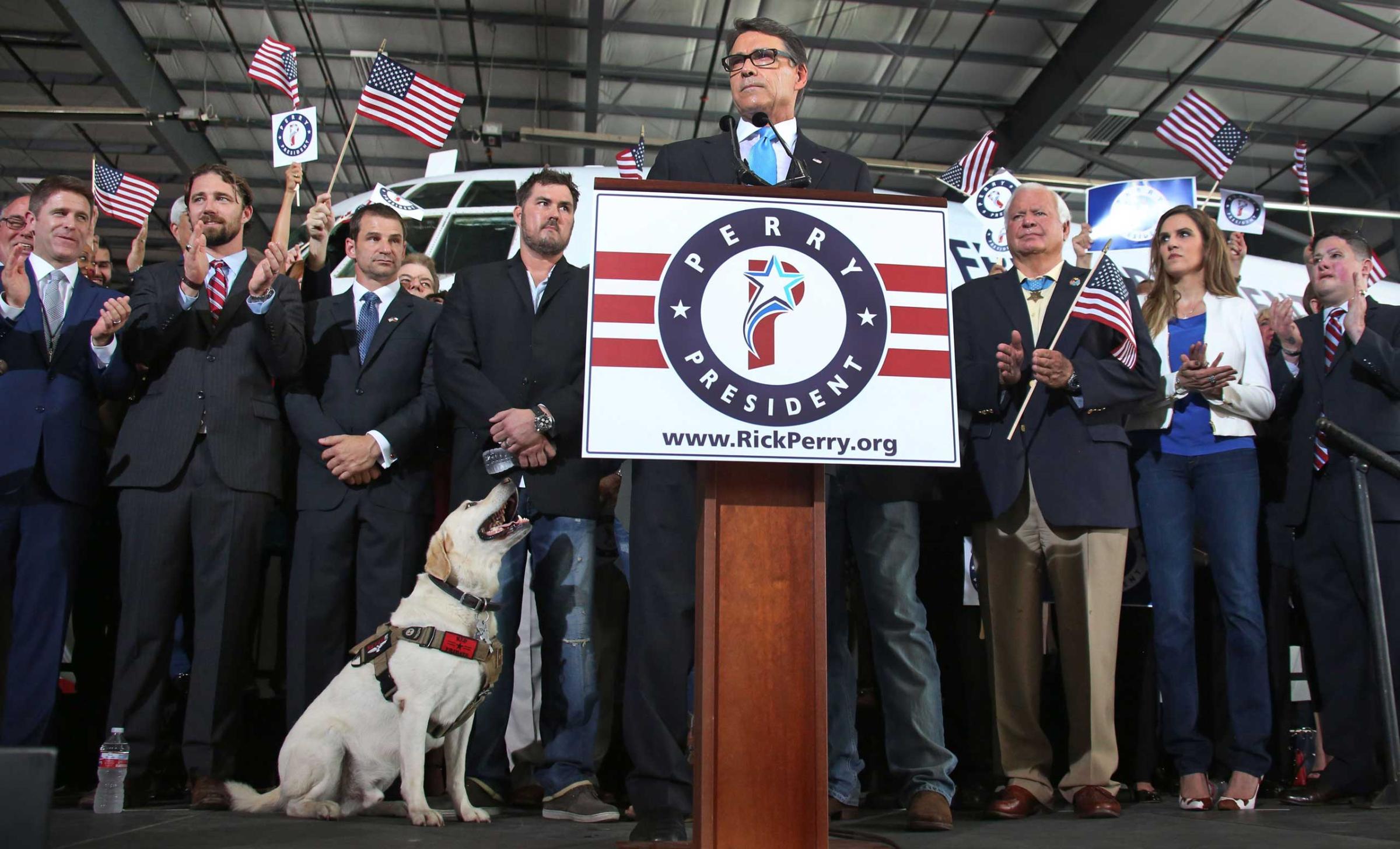
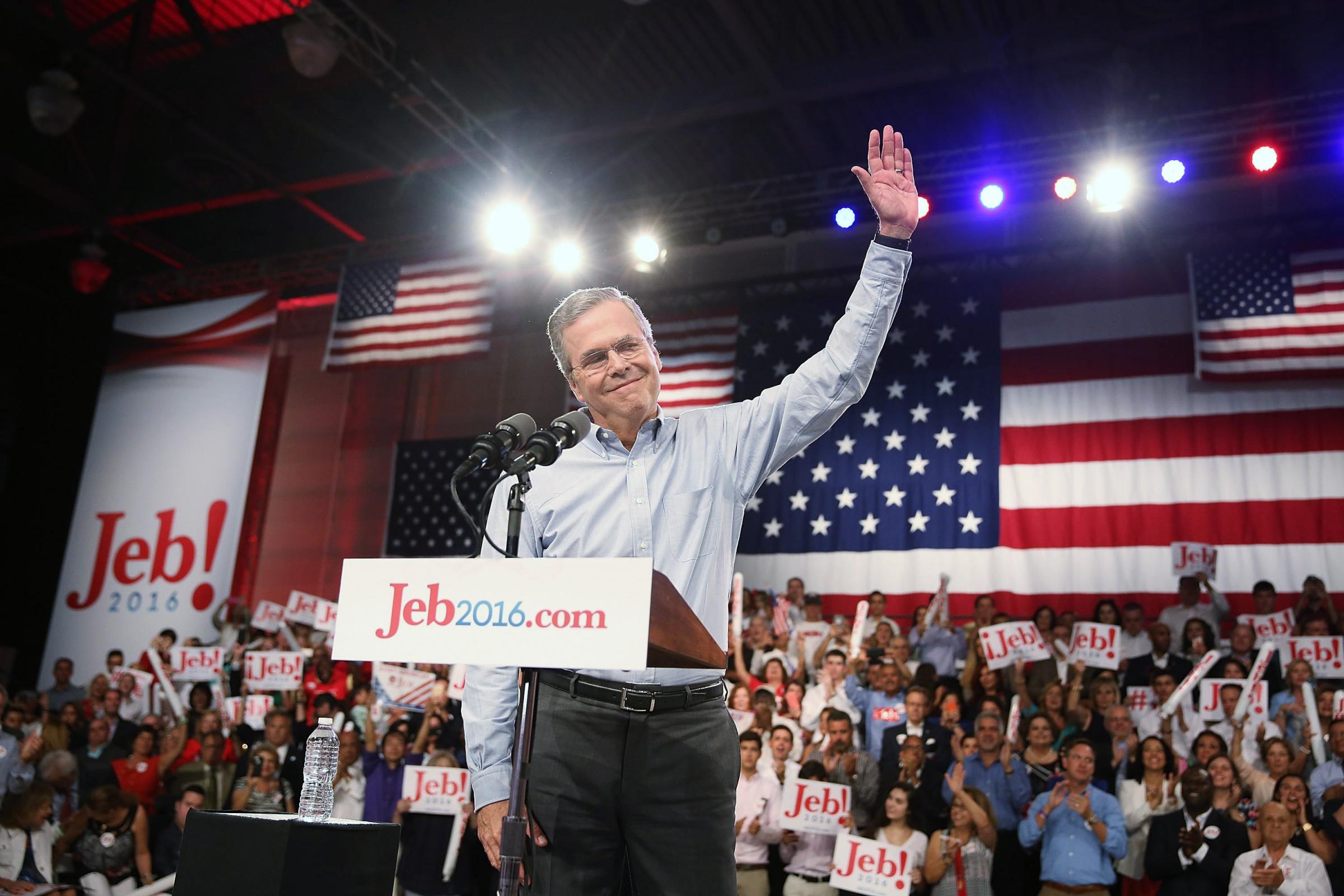
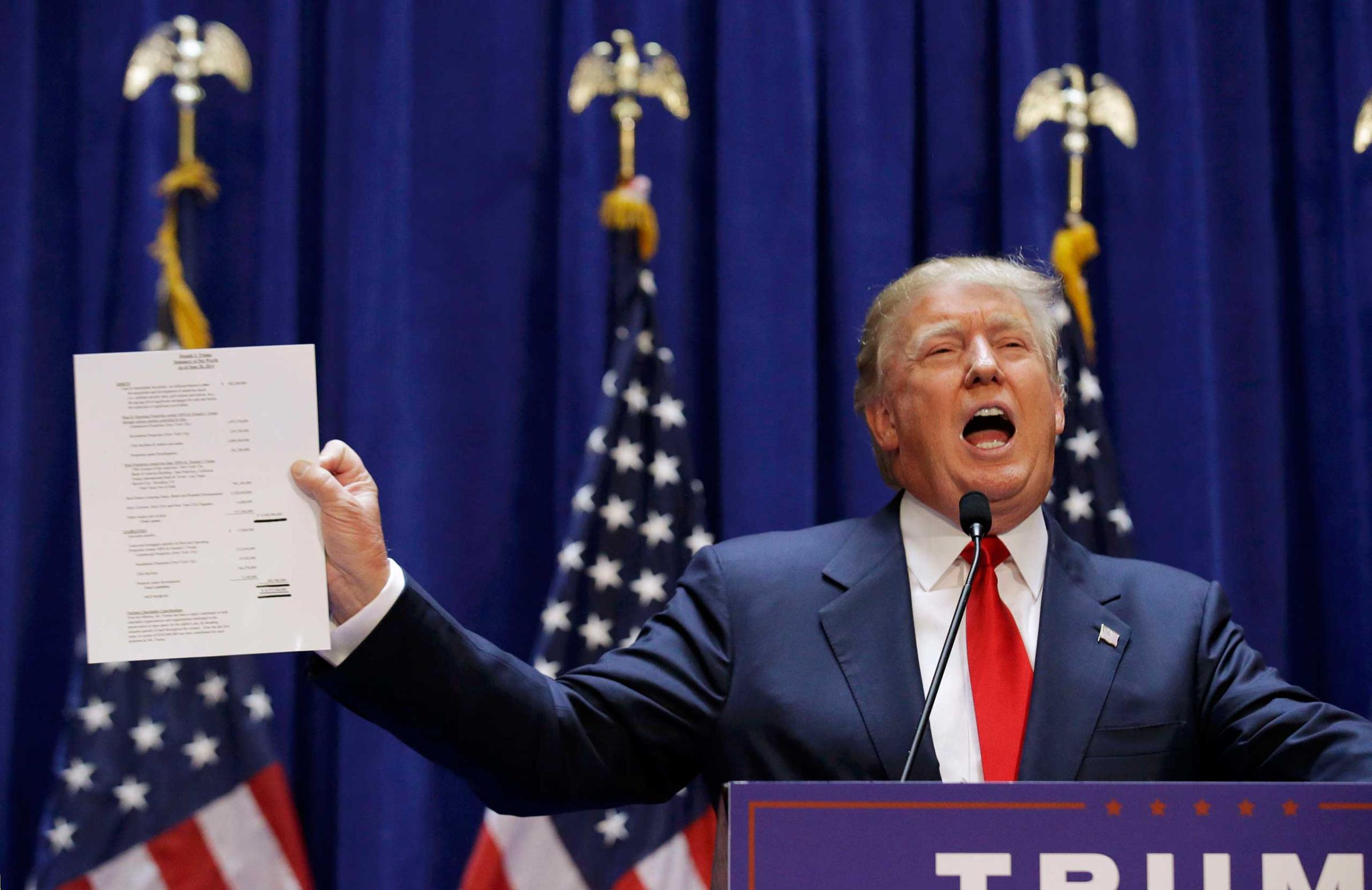
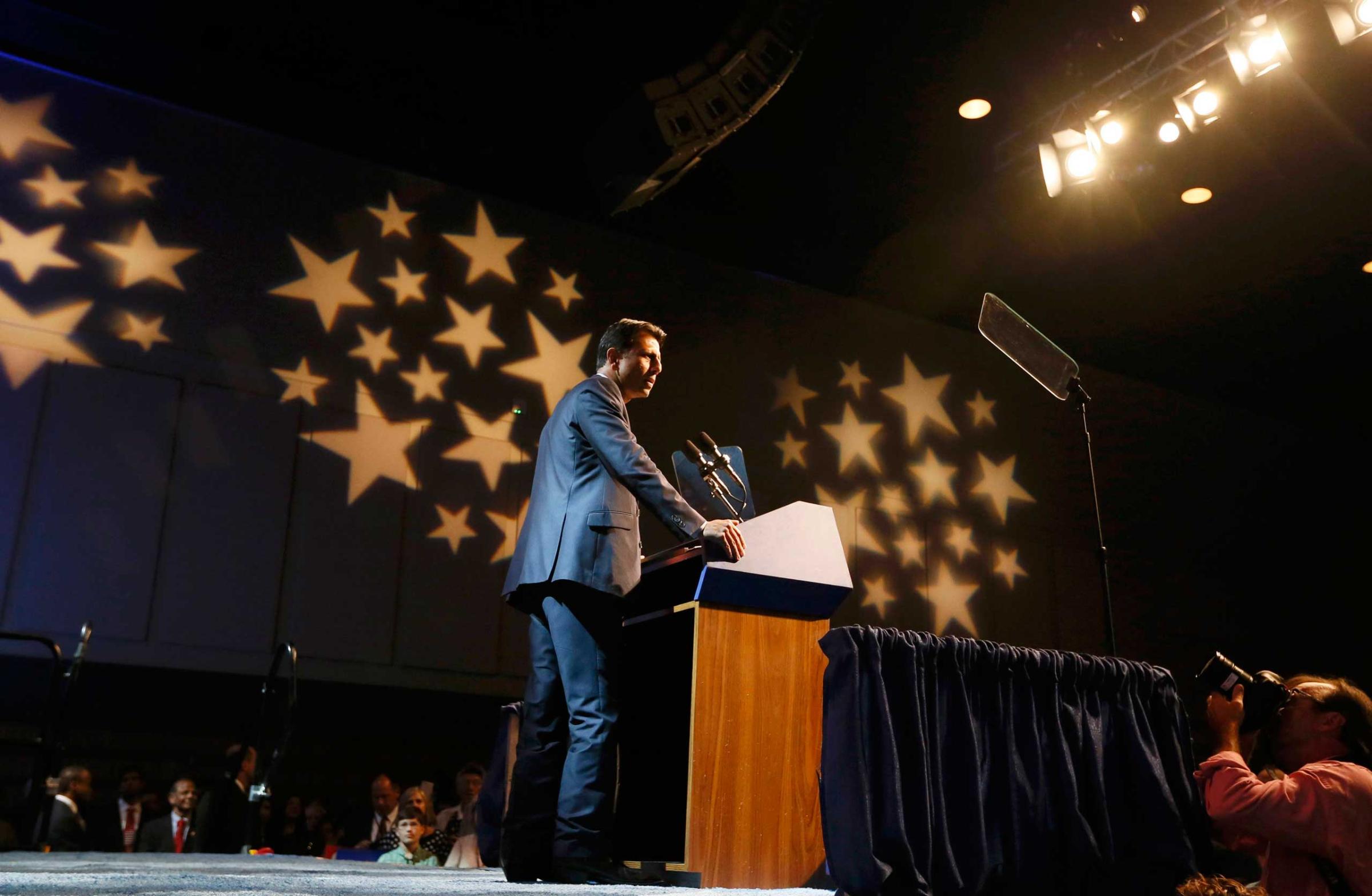
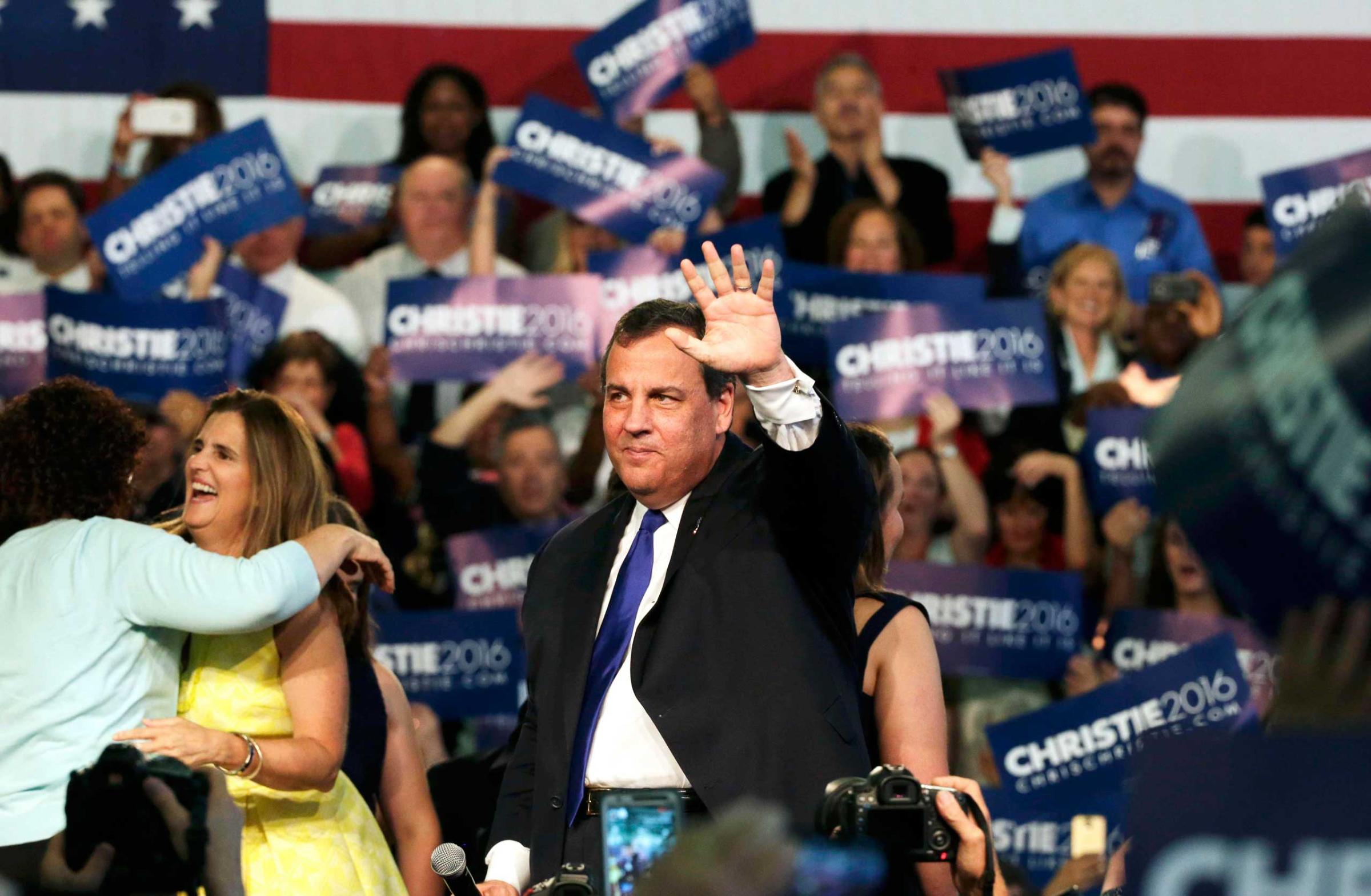
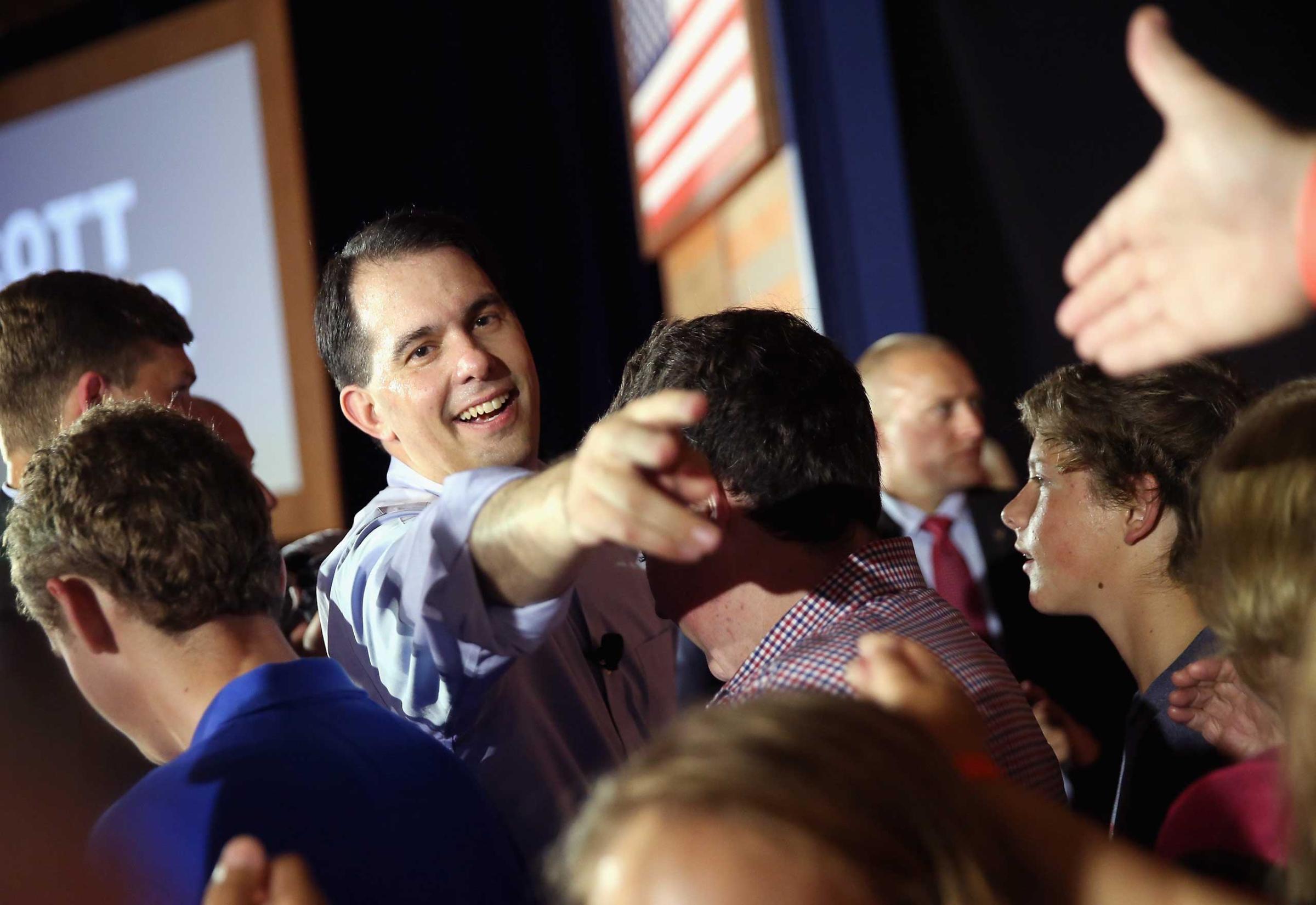
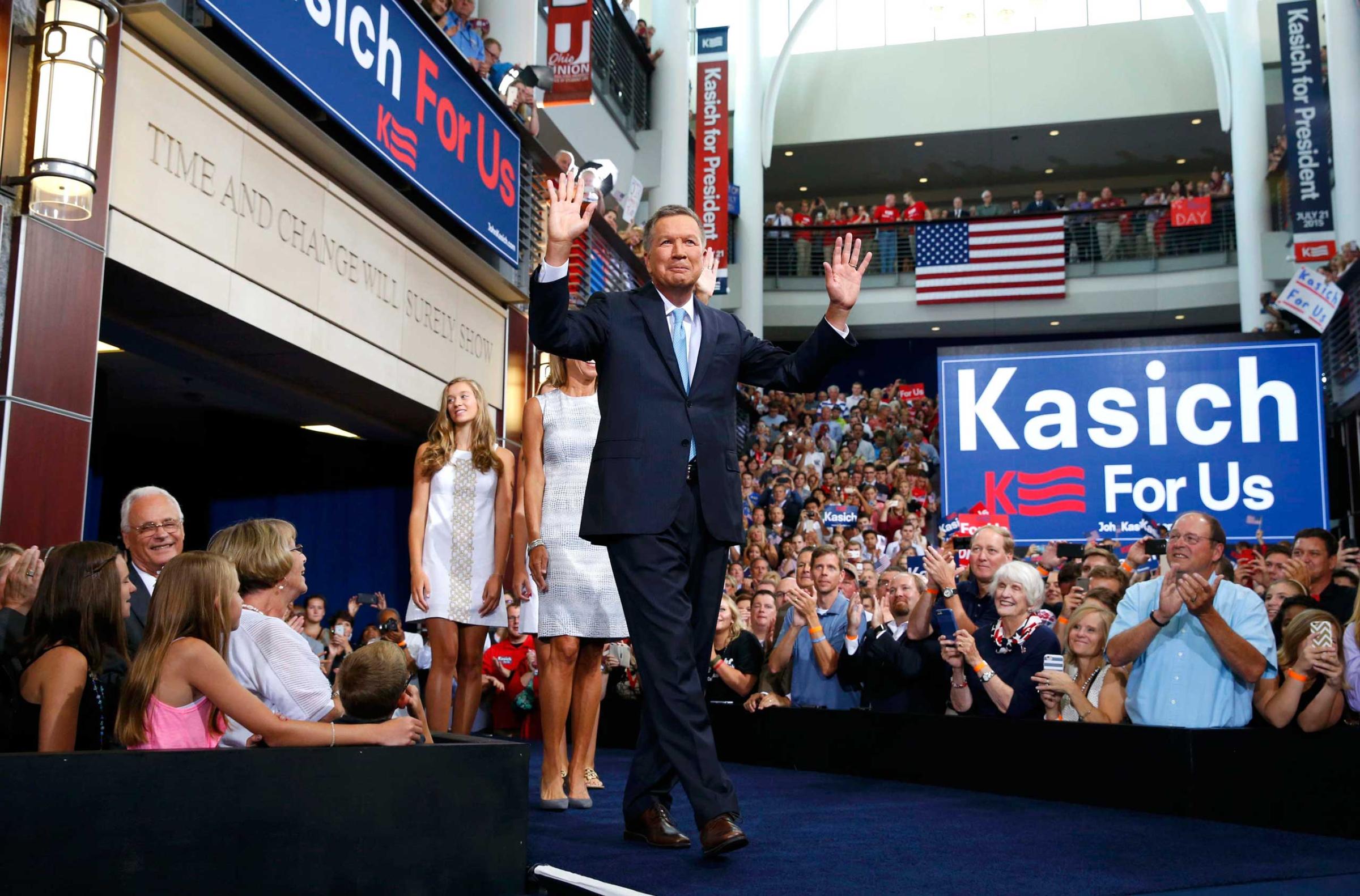
More Must-Reads from TIME
- Donald Trump Is TIME's 2024 Person of the Year
- Why We Chose Trump as Person of the Year
- Is Intermittent Fasting Good or Bad for You?
- The 100 Must-Read Books of 2024
- The 20 Best Christmas TV Episodes
- Column: If Optimism Feels Ridiculous Now, Try Hope
- The Future of Climate Action Is Trade Policy
- Merle Bombardieri Is Helping People Make the Baby Decision
Contact us at letters@time.com